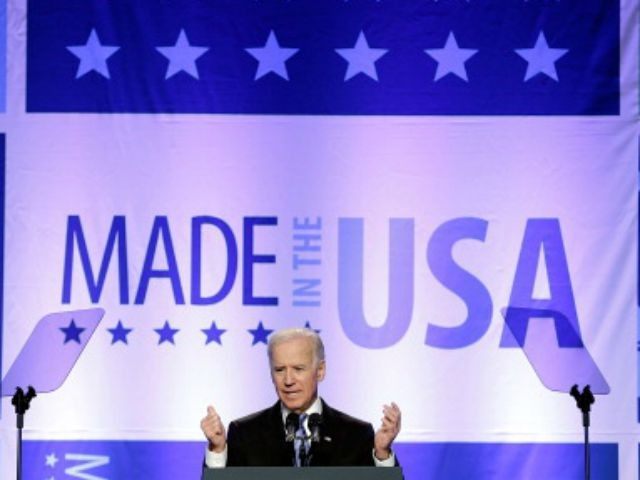Whether or not to reauthorize the Export-Import (Ex-Im) Bank is an issue that has divided Republicans in Congress, with many conservatives – including Rep. Jim Jordan (R-OH) – saying it is a form of corporate welfare.
The House Committee on Foreign Affairs conducted a subcommittee hearing on Friday over whether or not Congress should reauthorize the Ex-Im Bank, which expired this summer, with many businesses encouraging Congress to vote to reauthorize the Ex-Im Bank next week.
Chairman Rep. Ted Poe (R-TX) released the following statement prior to the hearing:
It has been over three months since the authorization of the Export-Import Bank of the United States expired. The Senate voted to revive the bank and the House is set to vote on reauthorization later this month. While some see the Bank as essential for U.S. businesses to compete globally, opponents of the Bank see it as corporate welfare at odds with the free market. The hearing will provide members the opportunity to hear from experts on the issue and gain a better understanding of the ramifications of the Export-Import Bank ahead of the important vote on October 26.
Three out of the four officials who prepared testimony for the subcommittee on Friday morning encouraged members of Congress to vote to reauthorize the Ex-Im Bank.
T.J. Raguso, the Executive Vice President of the International Division at Amegy Bank National Association, argued the expiration of the bank negatively impacts Amegy and its customers.
Amegy Bank’s customer is a manufacturer of oilfield service tools. Although the company had both domestic and international sales, it did not require financing for many years. After 2007-08 economic downturn, the company saw a reduction in domestic sales and an increase in foreign sales, generating a need for export financing. Ex-Im supported financing has allowed the company to grow its international sales, making 2014 the best year ever in the company’s 100 year history.
Like Raguso, Air Tractor Inc. Financial Analyst Tyler Schroeder said Air Tractor’s future growth “is undoubtedly through our ability to export aircraft, and we believe this to be true for the U.S. economy. Lacking the export services of Ex‐Im Bank will be disastrous on our company and the employees and families we support. Air Tractor has demonstrated the ability to create and sustain jobs in the smallest and most rural communities.”
Chief Operating Officer at the Lexington Institute Loren B. Thompson, Ph.D. argued that the arguments to kill the Ex-Im bank “are illogical and fact-free, whereas the case for keeping it is empirically and analytically overwhelming.”
Disagreeing with the other three official’s testimony pushing for the Ex-Im Bank reauthorization, Senior Research Fellow at the Heritage Foundation Diane Katz argued that Congress should oppose reviving the Ex-Im Bank.
A number of media outlets in recent weeks have reported that thousands of U.S. jobs are being moved overseas because Congress rejected reauthorization the Ex-Im charter. Such claims are unfounded. The real story is that Boeing, General Electric and other top beneficiaries of the government bank are trying to scare Americans into further subsidizing their hugely successful multinational operations.”
“In fact, pending legislation is largely a regurgitation of “reforms” previously mandated by Congress—without appreciable effect. The only meaningful way to remedy Ex-Im’s multibillion-dollar risk to taxpayers—and the rampant cronyism the export subsidies perpetrate—is to reject reauthorization of the charter.

COMMENTS
Please let us know if you're having issues with commenting.